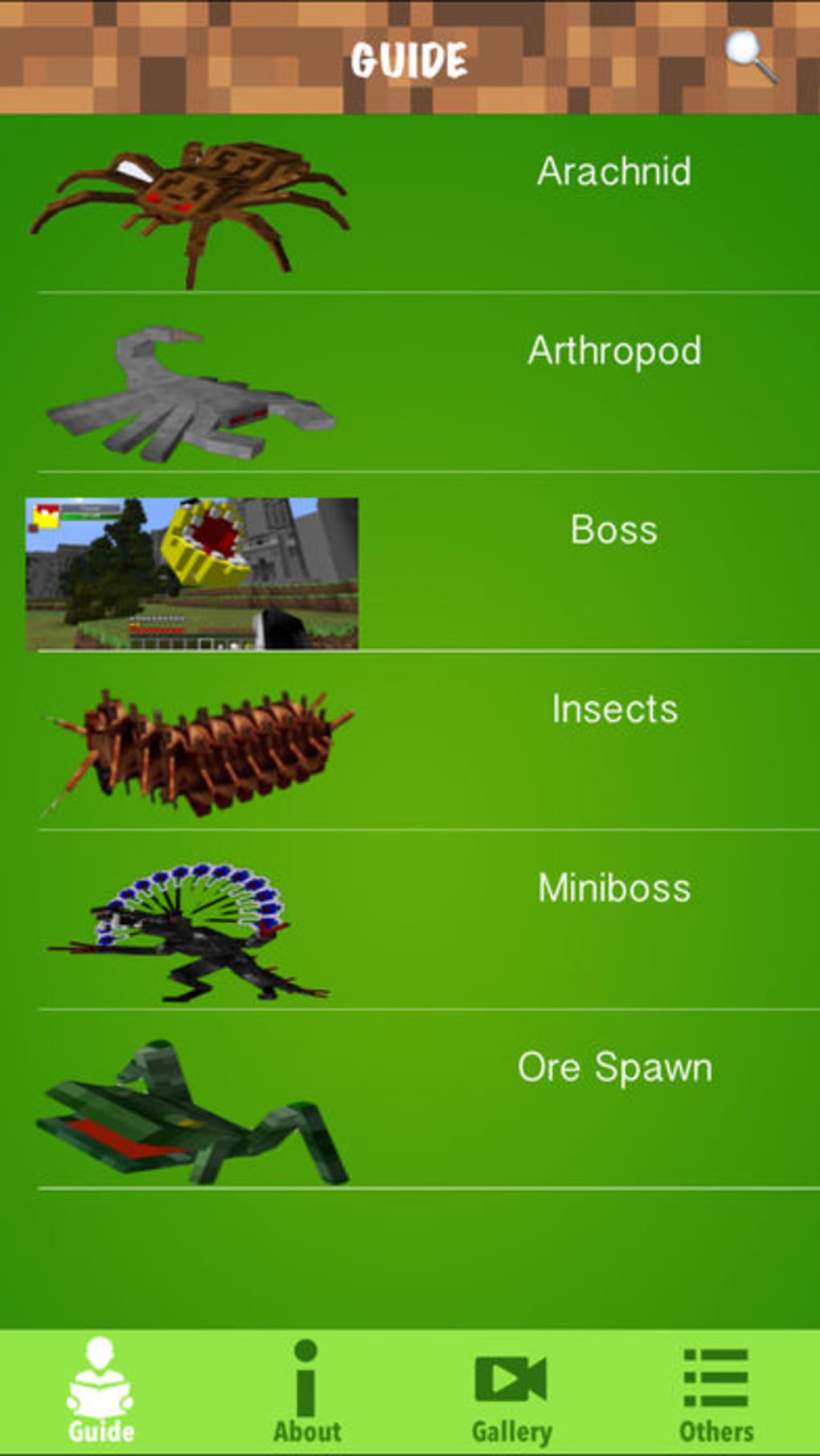

Joanna: And it's interesting because you've been on the show talking about productivity, and I know how much work you get done. But playing with what other people do, I think can really help. And if it doesn't, that's fine, you don't have to, you can be the spreadsheet outline, or you can be the complete pantser. Or try being maybe a little bit more freeform and see if that helps at all. Are you going into a spreadsheet and plotting out every detail? Experiment with how you are coming up with that outline. If you are a heavy planner, maybe experiment with giving yourself a little bit more flexibility. Taking five minutes to jot out, this is what I want to do with the scene, some sensory details, basic scene blocking of who goes where and does what.

That's something that I find really helps me. Or you can try planning at the scene level. My mind was blown at a conference a few years back when another author was like, ‘I only ever plot out the first half of any book, because my outline always goes off the rails.' It's like, ‘Oh, you can do that?' But I have tried to incorporate a lot more planning into my discovery process.įor example, you don't have to plot out the whole book, but maybe you could plot out this act that you're working on, or the first half of a book. Unless I am literally typing or putting pencil to paper and writing out a scene, I don't know what is going to come out of that scene. I would try it and then I would just immediately go in a weird direction as soon as I started writing. When I talk about planning, I really came to writing as a pantser. Definitely don't throw out the things that you enjoy just because you're like, ‘Oh, I read in a book that I'm supposed to do it a different way.' Start with what you enjoy about the process, and start experimenting from there. My very first piece of advice, as we get into talking about writing advice, is, don't really worry about what's right. Jessie: I think there tends to be a lot of emphasis on what's the right way to write, should I outline, am I supposed to be doing this or that or the other thing. You say in the book that “ every author plans, but the extent to which they plan differs.” Talk about planning, and how we can find the best way for our writing style. I want to start with the plotting versus discovery writing because there's this tension for both fiction and nonfiction. Now, I should say upfront, this is a really great book, there's so much in it and I found it very hard to choose the questions. So we're just going to get straight into the topic today. We talked a bit about your journey and how you manage everything. Her latest book is From Big Idea to Book: Create a Writing Practice That Brings You Joy. She's also a ghostwriter and freelance marketing copywriter. Joanna: Jessie Kwak is the author of gangster sci-fi supernatural thrillers and nonfiction for creatives. You can find Jessie Kwak at and on Twitter Transcript of Interview with Jessie Kwak Jessie was also on the show previously, talking about From Chaos to Creativity: Productivity for Writers.The pros and cons of working with small press.Finding ideas, and turning them into short stories, or expanding them into novels.Planning, plotting, and discovery writing.
#HOW TO GET CRAZY CRAFT TO RUN FASTER FULL#
Here are the highlights and the full transcript is below. You can listen above or on your favorite podcast app or read the notes and links below. Jessie Kwak is the author of gangster sci-fi supernatural thrillers and nonfiction for creatives. You can also subscribe to the Kobo Writing Life podcast for interviews with successful indie authors. This podcast is sponsored by Kobo Writing Life, which helps authors self-publish and reach readers in global markets through the Kobo eco-system.


 0 kommentar(er)
0 kommentar(er)
